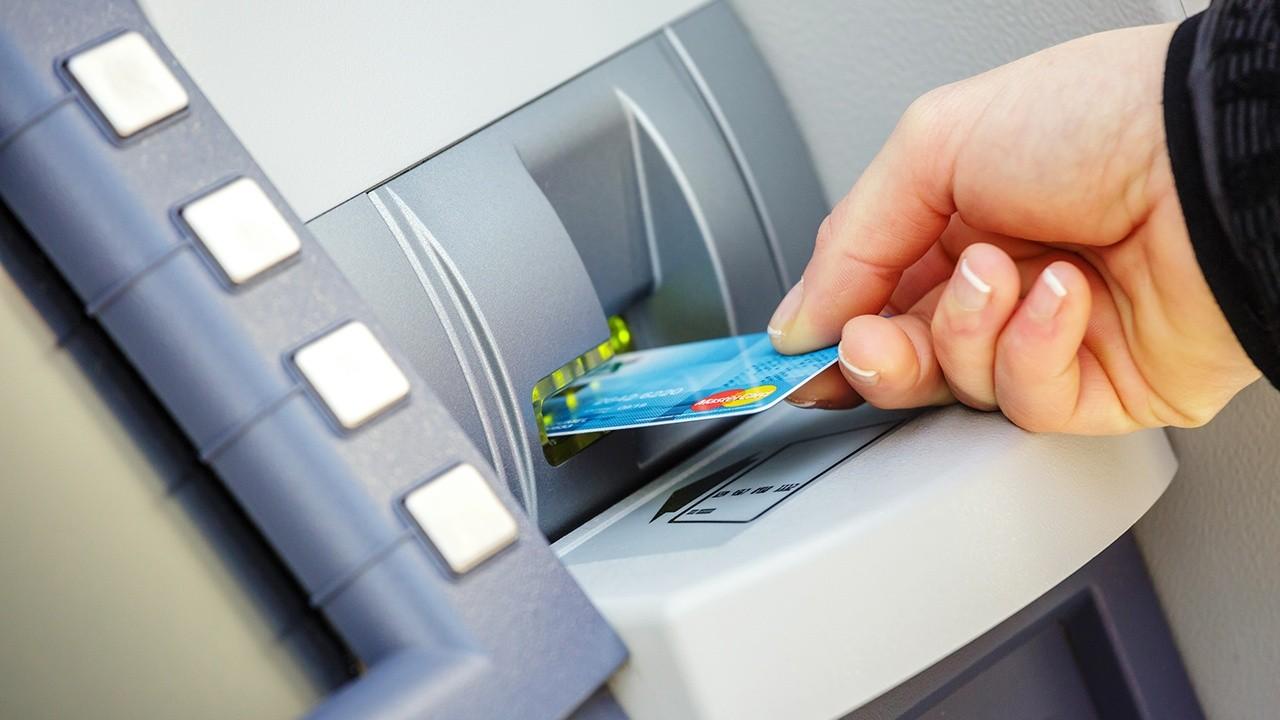US banks have grown by $2T in deposits since coronavirus pandemic started
About two-thirds of the money flowed to the nation’s biggest banks
U.S. bank deposits have surged by a record $2 trillion since January, when the novel coronavirus first gained a foothold in the country, newly released data from the Federal Reserve shows.
The report shows that deposits rose at a historic pace: In April, deposits skyrocketed by nearly $866 billion, more than the previous record for an entire year. Deposits grew by another $604 billion in May, according to the data.
About two-thirds of the money flowed to the nation’s biggest banks, according to Federal Deposit Insurance Corp. data published this week.
PANDEMIC COULD WIPE OUT MORE GLOBAL WEALTH THAN 2008 CRISIS
The Fed’s latest report suggests that Americans socked away money during the outbreak of the virus and subsequent lockdown instead of spending it. That’s despite a massive government effort to boost the economy: At the end of March, Congress passed the $2.2 trillion CARES Act, which included expanded unemployment benefits of $600 per week and a one-time cash payment of up to $1,200 for some individuals.
In April, the personal savings rate in the country surged to 33 percent, according to the Commerce Department’s Bureau of Economic Analysis. All of that money then flowed into bank accounts; how quickly the economy recovers from the coronavirus-induced recession hinges on whether consumers continue to hoard cash or start to spend it again. Consumer spending accounts for roughly two-thirds of U.S. GDP, the broadest measure of goods and services produced in the country.
WHAT HAPPENS TO YOUR UNEMPLOYMENT BENEFITS IF YOU REFUSE TO GO BACK TO WORK?
Economists have cautioned that whether consumer spending returns to pre-crisis levels may depend on the completion of a vaccine or treatment for COVID-19.
"The levels of output and employment remain far below their pre-pandemic levels, and significant uncertainty remains about the timing and strength of the recovery," Fed Chair Jerome Powell said during congressional testimony last week. "Much of that economic uncertainty comes from uncertainty about the path of the disease and the effects of measures to contain it. Until the public is confident that the disease is contained, a full recovery is unlikely."
The massive increase in deposits also stemmed from the $610 billion Paycheck Protection Program. Although the Small Business Administration and Treasury Department administer the program, participants applied through their bank -- meaning that's where the money landed first.
In the three months since the economy came to a near standstill to limit the spread of the virus, close to 46 million Americans have lost their jobs. Just three months ago, unemployment sat at a half-century low. The outbreak has also been a catalyst for bankruptcies among small and big businesses, and economists have warned of an unprecedented contraction in the nation's GDP in the second quarter.
AT LEAST 4 MEMBERS OF CONGRESS BENEFITED PERSONALLY FROM PPP LOANS
The surge in deposits also comes as banks face a sudden drop in consumer loans, which declined by 24.7 percent in May after a massive 41.7 percent drop in April. Credit cards and other revolving plans fell 73.7 percent in April, compared to the year-ago period, and 43.7 percent in May.
Stephen Scouten, a bank analyst at Piper Sandler, said in a recent S&P Global Market Intelligence report that banks are being “as conservative as possible” in lending, particularly with people who aren’t existing customers, because they “don’t really have a clue yet what losses are going to look like.”
“They know they've put a lot of their loans on deferral, they know they're not doing a lot of new loans today, but their existing book is kind of where the big risk factors lie," Scouten said. "In terms of true new business, new customer production, they're going to be extremely cautious."
GET FOX BUSINESS ON THE GO BY CLICKING HERE




















